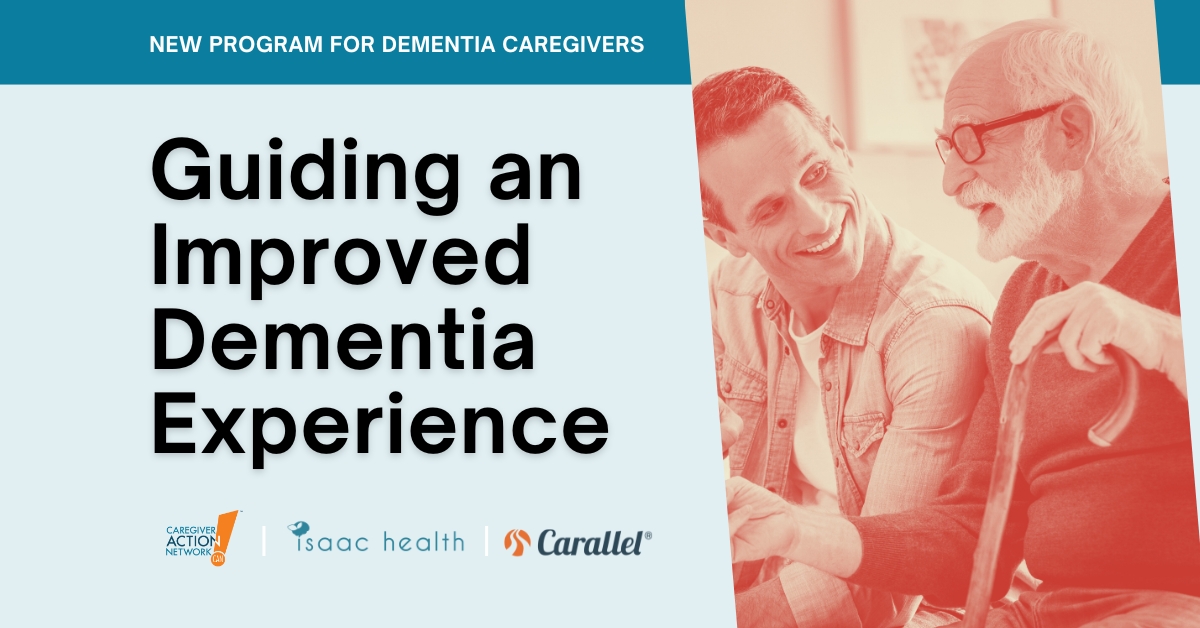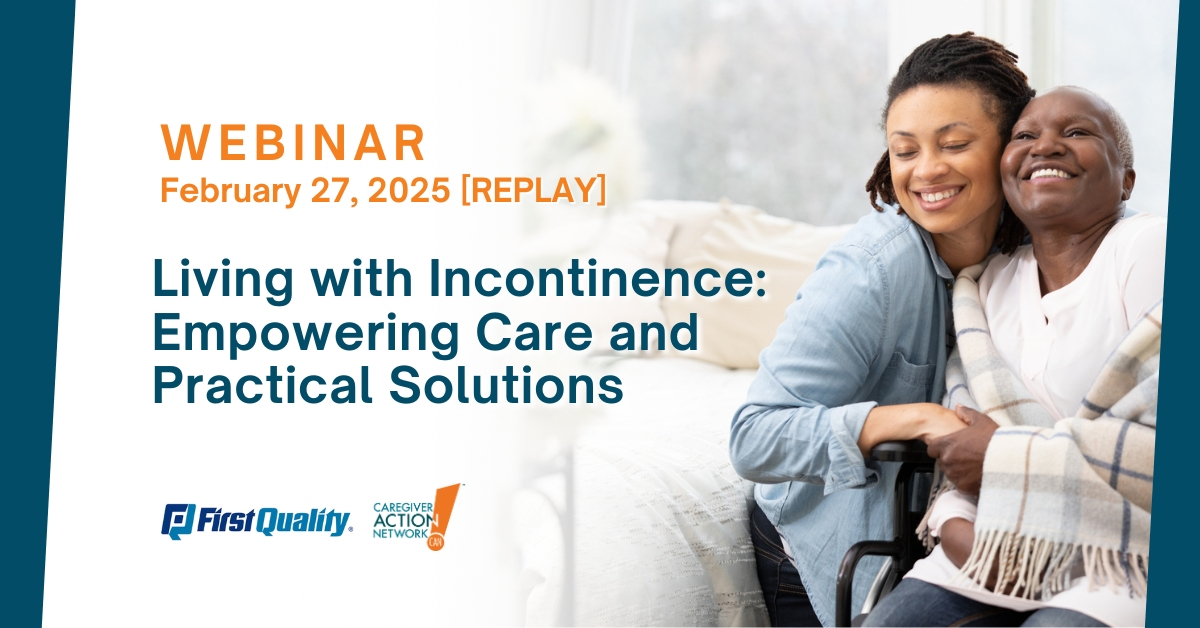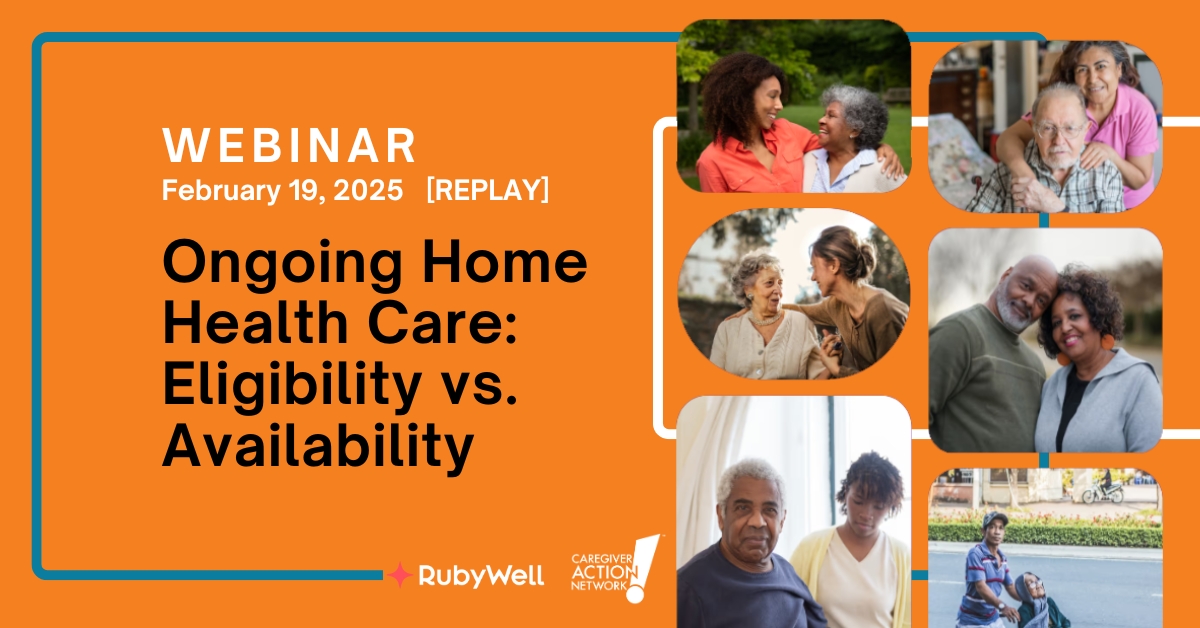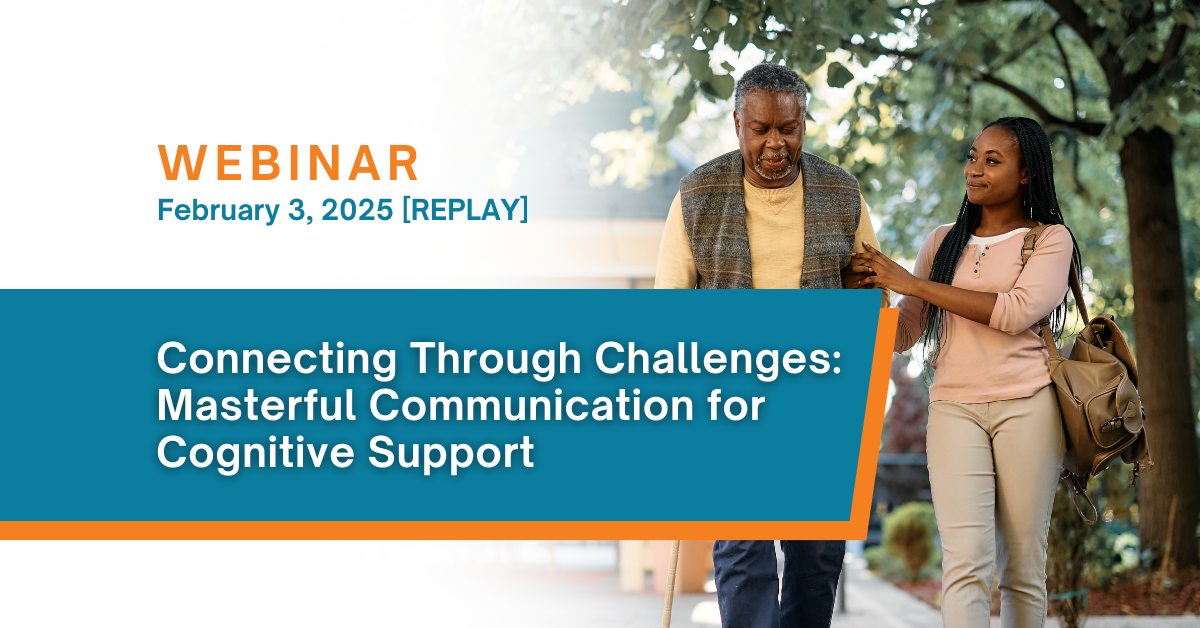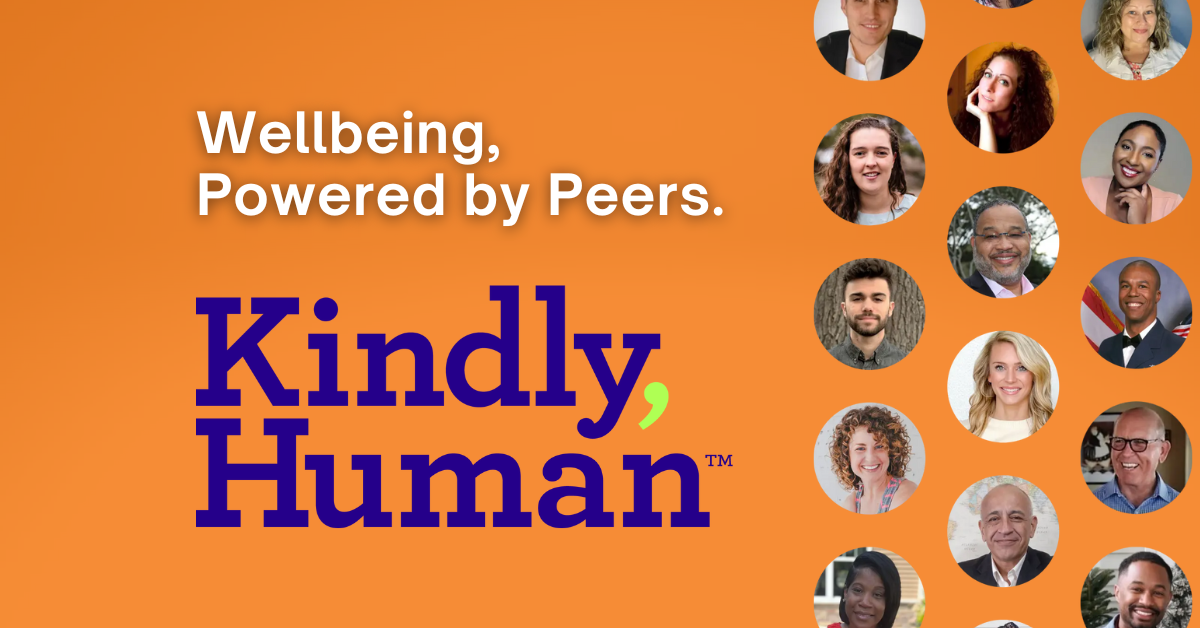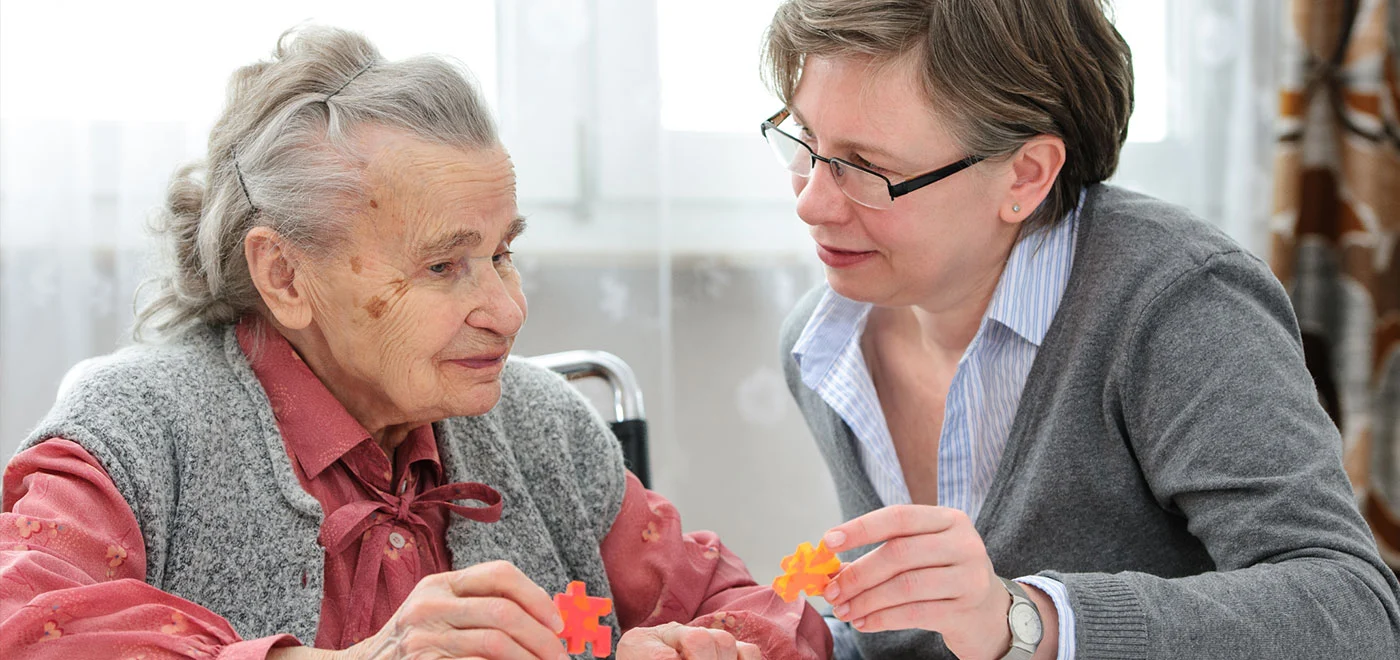Understanding PTSD Through the Lens of Caregiving Caring for a loved one with Post-Traumatic Stress Disorder (PTSD) is an emotional and complex journey. PTSD doesn’t just affect the individual diagnosed with it—it impacts the entire family, especially those in caregiving roles. The Oscar-nominated animated short film In the Shadow of the Cypress offers a [...]
Understanding Addiction and Caregiving Through Maria Caring for a loved one struggling with addiction presents unique emotional, physical, and mental challenges. The film Maria, starring Angelina Jolie, provides a poignant look into the complexities of caregiving, substance dependency, and the importance of patient-centered care. At Caregiver Action Network (CAN), we recognize the significance of [...]
CAN, Carallel and Isaac Health Partner to Support Families Affected by Dementia Through the GUIDE Program What is the GUIDE Program? Caring for a loved one with dementia can be overwhelming. That’s why the Caregiver Action Network, Carallel and Isaac Health have partnered to bring you the GUIDE Program (Guiding an Improved Dementia [...]
Living with Incontinence: Empowering Care and Practical Solutions Incontinence is more common than many realize, and it’s time to break the stigma. Whether it’s related to age or other factors, anyone can experience incontinence at any stage of life, and there’s absolutely no shame in seeking help. This comprehensive webinar uncovers the [...]
Ongoing Home Health Care: Eligibility vs. Availability Some of the most underutilized services in healthcare are Medicare-covered, medically necessary, ongoing home health services to maintain a patient’s condition or slow decline. In this webinar, we’ll dive deep into eligibility for this valuable benefit. We’ll also talk about the challenge of finding [...]
Mastering Communication: Proven Strategies for Supporting Loved Ones with Cognitive Challenges Cognitive differences impact countless lives—whether it’s a client, neighbor, community member, or loved one. Whether you’re a healthcare professional, agency advocate, or a supportive friend or family member, navigating these situations can often feel overwhelming with so much conflicting advice [...]
At Caregiver Action Network, we’re committed to making your caregiving journey easier. That’s why we’re thrilled to introduce Kindly Human—a free, on-demand caregiver resource that connects you to real people who have walked a similar path. Whether you’re juggling family responsibilities, coping with overwhelming stress, or seeking support for a loved one, Kindly Human [...]
Exercise can be intimidating for individuals with heart failure or heart disease. Many fear that physical activity could worsen their condition or cause complications. However, with the guidance of a doctor, light to moderate exercise can improve heart function, slow the heart rate, and enhance overall well-being. As a caregiver, understanding the importance of exercise [...]
Caring for a loved one with Alzheimer’s or cognitive impairment is never easy, but when you’re providing care from a distance, the challenges grow exponentially. Long-distance caregiving often involves less "hands-on" care and more focus on coordinating services, gathering resources, and building a reliable support team. In the United States, over 53 million people [...]
If you are a family caregiver, you may experience grief not only after losing a loved one but also in the time leading up to their passing. Caring for someone with a long-term or incurable illness often brings feelings of sadness, loss, and uncertainty. This is known as anticipatory grief, a natural response when [...]



